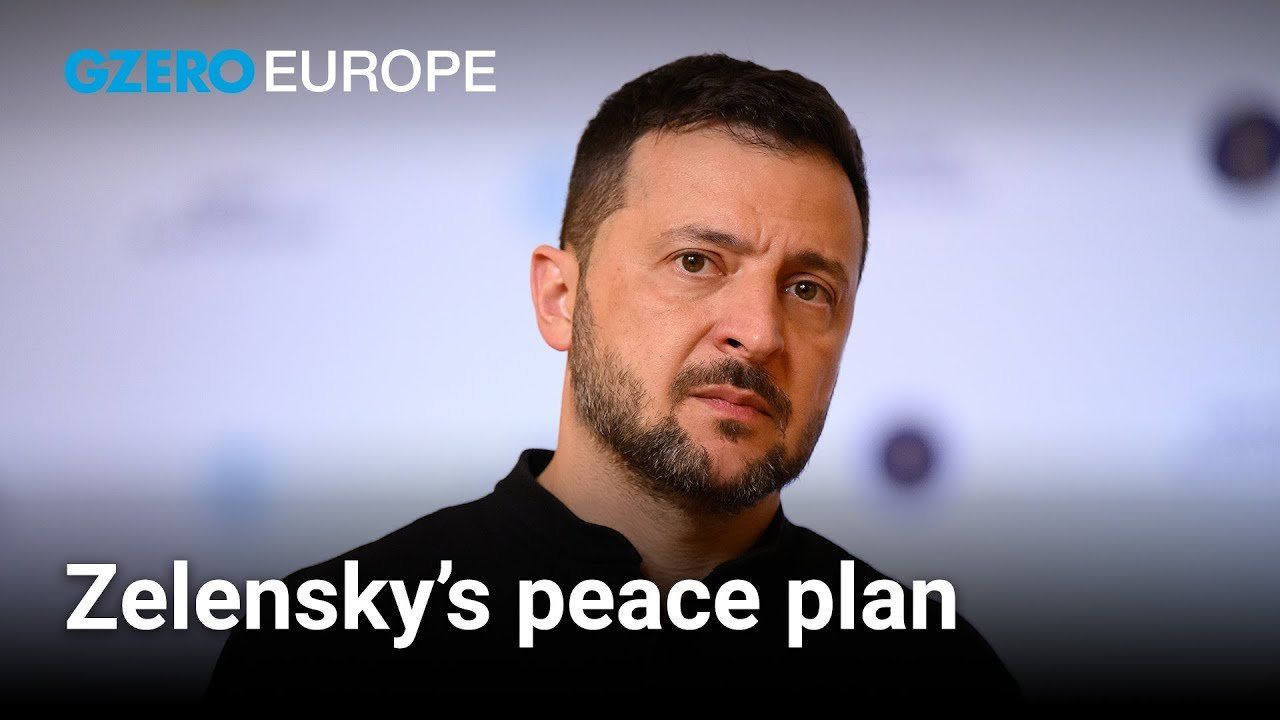September 24, 2024
Carl Bildt, former prime minister of Sweden and co-chair of the European Council on Foreign Relations, shares his perspective on European politics from Stockholm, Sweden.
First question, is Zelensky's finalized 'victory plan' realistic to bring peace to Ukraine?
Well, the peace plan that he's talking about is a proposal that he's going to present to President Biden at the meeting in UN in the next few days. They are there for the UN General Assembly, and it consists essentially of beefing up Ukraine's military capabilities with the possibility to use more long-range weapons and other things in order to substantially increase the military difficulties that Russia already having. Thus, possibly, hopefully, making it certain, making it clear to the Kremlin that there's no way to victory and that they have to sit down and agree to something that is acceptable and that can be called peace of some sort. Will this work? Remains to be seen, to put it in the mildest possible way.
Second question, why is there backlash against EU's anti-deforestation law?
Well, it's not unique for that particular one. I mean, all of the legislation for the so-called Green Deal that was decided due to the last five years, a lot of it is fairly complicated and has significant burdens on industry in order to reporting requirements and all of those. That includes the deforestation law. So there is a push to say, "Well, well it's all good. But let's delay it somewhat so that business has the possibility of catching up with all of the requirements." You will see that debate about several aspects of the Green Deal. It doesn't endanger the deal itself, but it perhaps streamlines and perhaps delays it somewhat.
More For You
Ian Bremmer sits down with former US Ambassador to NATO Ivo Daalder to unpack a historic shift in the transatlantic alliance: Europe is preparing to defend itself without its American safety net.
Most Popular
Think you know what's going on around the world? Here's your chance to prove it.
U.S President Donald Trump, U.S. Vice President JD Vance, and U.S. Secretary of State Marco Rubio pose for a family photo with other representatives participating in the inaugural Board of Peace meeting, at the U.S. Institute of Peace in Washington, D.C., U.S., February 19, 2026.
REUTERS/Kevin Lamarque
Argentina, Armenia, Belarus, Egypt, Indonesia, Jordan, Pakistan, Paraguay, Vietnam – to name only a few.
A poster featuring Andrew Mountbatten-Windsor, formerly known as Prince Andrew, is installed on a sign leading to the parking area of the Sandringham Estate in Wolferton, as pressure builds on him to give evidence after the U.S. Justice Department released more records tied to the late financier and convicted sex offender Jeffrey Epstein, in Norfolk, Britain, February 5, 2026.
REUTERS/Isabel Infantes
British police arrested former Prince Andrew Mountbatten-Windsor today over allegations that in 2010, when he was a UK trade envoy, he shared confidential government documents with convicted sex offender Jeffrey Epstein.
© 2025 GZERO Media. All Rights Reserved | A Eurasia Group media company.
